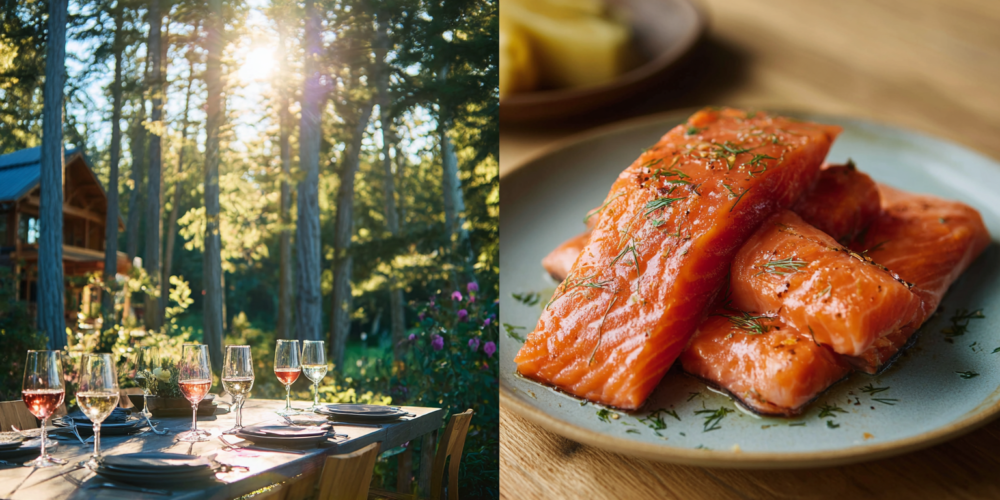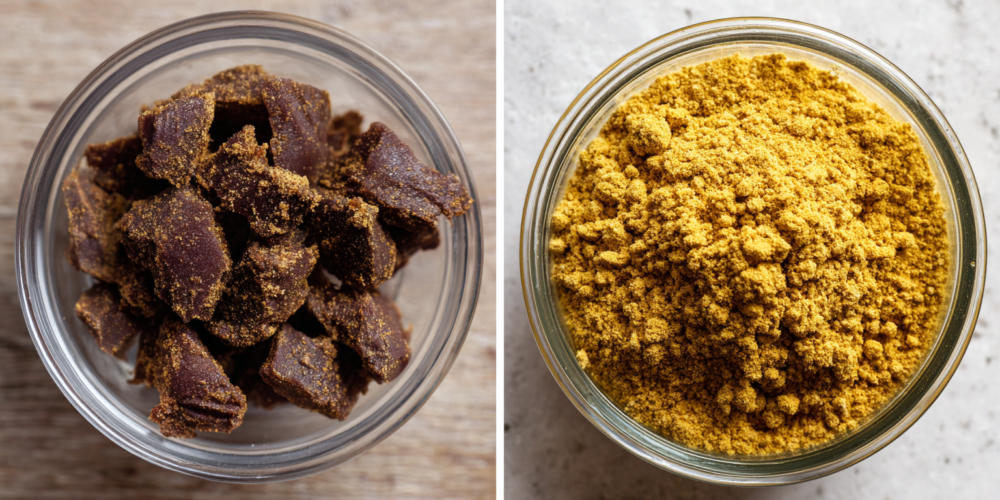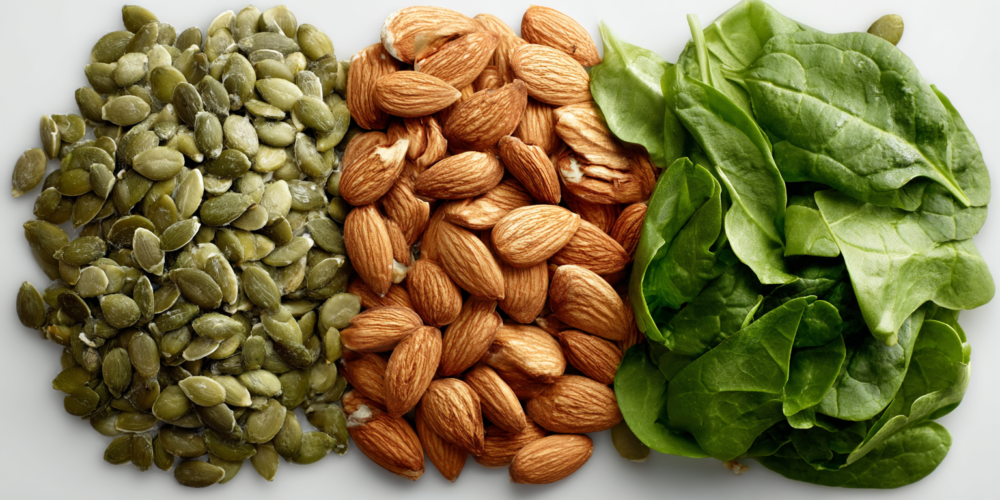
Ever feel like your legs just aren’t what they used to be? Maybe climbing stairs feels like a marathon, or you get those annoying night cramps. It’s a common worry, but often, it’s not just about getting older. A lot of leg weakness and discomfort can actually come from not getting enough of certain nutrients. The good news is, you can do something about it by making some simple changes to what you eat.
🦵Why Strong Legs Matter

Having strong, healthy legs is a big deal for staying independent and living life how you want. When your legs start feeling weak, it can make everyday things tough, like walking around or even just getting up from a chair. This can make you more likely to fall, and it might even make you want to stay home more, which isn’t fun. Many folks think losing leg strength is just part of getting older, but that’s not always the case. Often, it’s about missing out on some key nutrients your body needs.
Your legs rely on a team of muscles, bones, joints, and nerves to work right. As we get older, especially after 50, our bodies don’t take in and use nutrients as well as they used to. This can lead to things like muscle weakness, pain when you walk, or even tingling feelings. But don’t worry, there are seven important vitamins and minerals that can help keep your legs in good shape. (Based on the expertise of Dr. Iñigo Martín)
➡️7. Vitamin D: The Muscle Helper

Vitamin D is a big deal for your legs. It does more than just help your bones; it’s super important for your muscles to work well and stay strong as you age. Think about someone like Marta, who’s 68 and notices her legs feel weaker when she goes up stairs. Her muscles seem slower, and she gets tired doing things that used to be easy. If her Vitamin D levels are low, getting some sun could really help her legs feel stronger in just a few weeks.
How Vitamin D Works for Your Legs
- Quick Muscle Response: Vitamin D helps those fast-twitch muscle fibers, which are the ones you need to react quickly, like if you trip. If you don’t have enough, these fibers can get weaker, making your reactions slower and raising your chance of falling.
- Brain-Muscle Talk: It helps your brain and muscles talk to each other better. It’s like making sure the signals from your brain get to your legs clearly, so they respond just right.
- Less Muscle Pain: Vitamin D can also help calm down muscle soreness. If your legs ache or feel stiff for no clear reason, you might need more of this vitamin.
Getting Enough Vitamin D
The best way to get Vitamin D is from the sun. Just 15 minutes of sun on your arms and legs, ideally between 10 AM and 11 AM, can make a difference. If you live somewhere cold or it’s winter, you might need 20 to 30 minutes. Remember, Vitamin D works better when you have it with some good fats, like olive oil or avocado, so if you take a supplement, have it with a meal.
➡️6. Calcium: The Bone Builder

Calcium is like the main architect for your bones. It gives your skeleton its structure, but it’s also involved in every move you make. The way you get calcium matters a lot. Taking calcium pills can sometimes cause problems because the calcium might end up in the wrong places, like your arteries, instead of your bones. It’s like sending building stuff without a good plan.
Better Calcium Sources
When you eat foods rich in calcium, like leafy greens, you get calcium along with other helpers like magnesium, Vitamin K, and potassium. This team makes sure the calcium goes where it’s supposed to: your bones and muscles, not your arteries.
- Leafy Greens: Kale, broccoli, and spinach are great. Cooking them lightly, like steaming, helps keep their nutrients.
- Sesame Seeds: A spoonful of these has a lot of calcium, plus good fats that help your body use it better. You can add them to salads or smoothies.
- Firm Tofu: If it’s made with calcium sulfate, it’s a good source, especially if you don’t eat animal products.
Movement and Calcium
Even with the best food, calcium needs movement to do its job. Every time you walk or get up from a chair, you’re telling your bones to get stronger. Without exercise, your bones can lose their strength, even if you eat well. Calcium also needs Vitamin D to be absorbed and Vitamin K2 to go to your bones instead of your arteries.
➡️5. Vitamin B12: The Nerve Protector

Vitamin B12 is like the invisible guard for your nerves and muscles. While many people focus on calcium and protein for strong legs, B12 makes sure the messages from your brain get to every muscle fiber. It keeps the nerve system that controls your legs healthy. Without it, the signals can get weak, like a phone call with bad service.
Signs of Low B12
- Tingling or Numbness: You might feel pins and needles in your legs and feet. Many people think this is just part of getting older, but it can be a sign of low B12.
- Balance Problems: You might feel clumsy when you walk or have trouble feeling the ground under your feet.
- Muscle Weakness: Your legs might feel weak or heavy, especially at the end of the day.
If low B12 isn’t fixed, it can cause lasting nerve damage. For people who eat mostly plants, getting enough B12 can be tricky because it’s mostly found in animal products or fortified foods. Also, as we get older, our bodies don’t absorb B12 as well. Many experts suggest that older adults, especially those on plant-based diets, should take a B12 supplement.
➡️4. Magnesium: The Muscle Relaxer

Magnesium is a big helper for your muscles. It tells them when to tighten and when to relax. Without enough magnesium, you can get cramps, spasms, and that restless leg feeling that keeps you up at night. A lot of people don’t get enough magnesium, and it’s hard to spot with regular blood tests because most of it is inside your cells and bones, not in your blood.
Magnesium’s Role
- Calms Muscles: Magnesium acts like a natural relaxer for your muscles. It stops nerves from firing too much and helps keep a good balance between muscle tension and relaxation.
- Works with Calcium: Think of magnesium and calcium as dance partners. Calcium makes muscles tighten, and magnesium helps them relax. If you don’t have enough magnesium, your muscles can stay tense, leading to tiredness and a heavy feeling in your legs.
Getting More Magnesium
- Pumpkin Seeds: These are packed with magnesium. Just a couple of spoonfuls a day can make a big difference.
- Almonds and Nuts: A handful of nuts can give you a good amount of magnesium.
- Dark Leafy Greens: Spinach and Swiss chard are good sources. Steaming them helps keep the magnesium.
- Avocado: This fruit has healthy fats that help you absorb magnesium better.
If you’re low, magnesium supplements can help. Forms like citrate and glycinate are usually absorbed better than common magnesium oxide.

